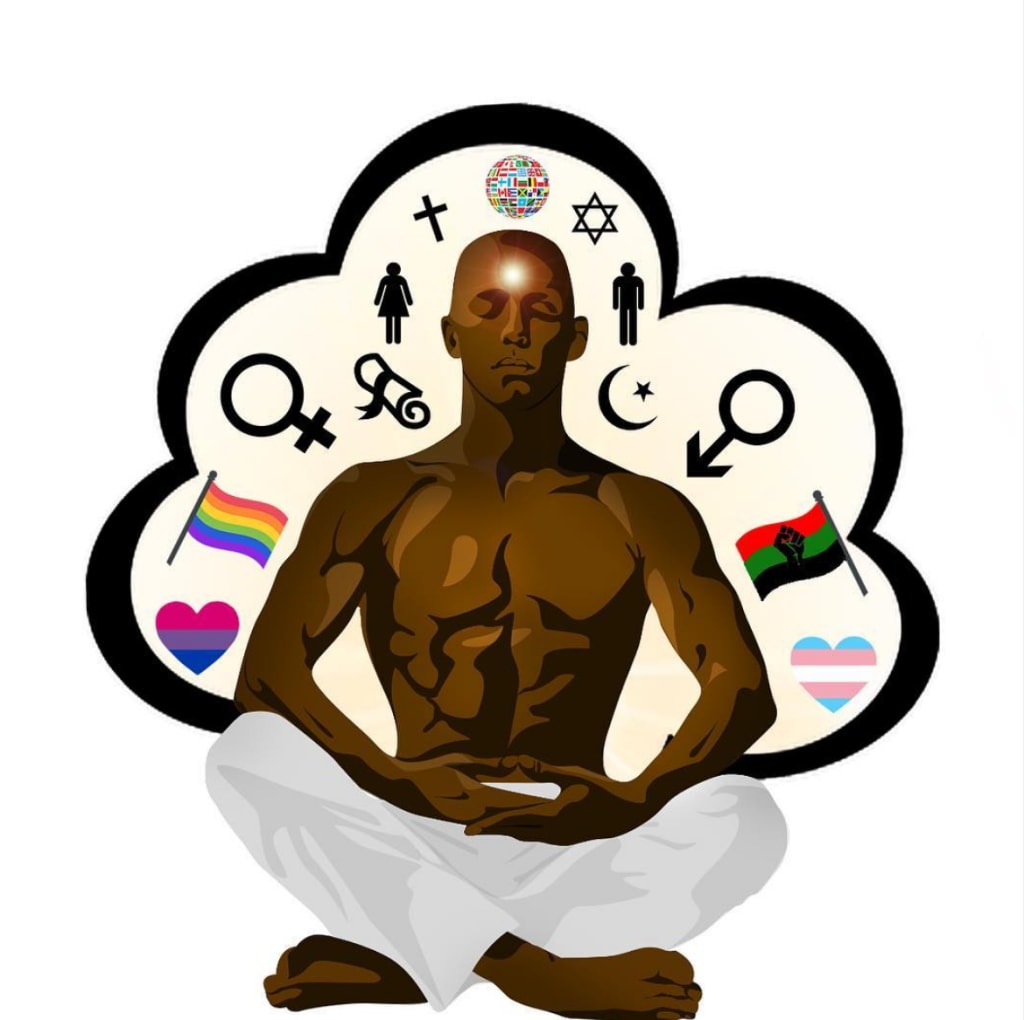Barriers to Mental Health Treatment for African Americans
A look into the stigma and the pioneers championing a cultural change

Mental illness does not discriminate; people from all walks of life can be affected. Yet, different communities, like the African American community, have unique needs that are not always being met. One of the most relevant factors in why black adults are not seeking treatment is the presence of mental health stigma.
According to the National Alliance on Mental Illness, many African Americans turn to family, social communities, and their faith for support, rather than seeking professional help, even when it may be necessary.
Dillon Carmichael is the founder of Redefining Black Masculinity, an interview-based series founded to give insight into the experiences of those who identify as black men. He explained that many black people seek help through religion rather than medicine or other therapeutic resources.
“Among individuals I’ve conversed with, attention has been brought to the relationship between religion and how black communities deal with mental health issues,” he said. “Some of us feel as though there’s an over-reliance on our religious outlets that causes us to neglect seeking alternative forms of treatment. Prayer will solve everything.”
So how are such deeply rooted social norms already being addressed? Redefining Black Masculinity is attempting to make “talking about your feelings,” a more widely accepted standard for all who identify as black men. Carmichael is hopeful that their series will inspire social change through fully embracing vulnerability and breaking down taboo subjects.
“By allowing so many different individuals to share their stories and respective experiences, we’re creating a pool of voiced knowledge for those who have and have not been able to actualize and understand their feelings on topics such as these,” he said. “With that pool, someone’s story may resonate with a listener and embolden them to take the necessary steps to remedy what afflicts them.”
Culture is also very pertinent in the mental health field. This is where therapist Ronald Crawford comes in. Crawford has been sober for over 26 years and has learned that people are more willing to open up when their culture and popular media is incorporated into their treatment. With this discovery, he created a class called hip hop therapy.
“Since the negative imagery in some rap songs describes conditions that many clients experience, using these songs makes the intervention culturally relevant,” Crawford said. “In instances when clients are guarded and uncomfortable, engaging others while in session, these songs can act as a “surrogate voice” for them, as the songs describe the clients’ experiences and feelings.”
Alternative forms of therapy like this are great because they humanize the individual and respect the fact that the language they use to express themselves may differ from what most therapists and mental health providers expect and understand. Instead of a white professional begging a young person who’s probably been through trauma after trauma to open up to them, hip hop therapy meets them where they are. If this form of treatment becomes more popular and spreads, a real solution to the lack of culturally relevant services could become a reality.
There is still much work to be done before these problems are fully solved. People of all races are still fighting the stigma of mental health every day. People still use derogatory words to describe people with mental illnesses and substance use disorders all the time. For the black community, though, the social cost of help-seeking behaviors can feel too daunting, and people end up suffering in silence. When more people begin to understand that it’s okay to struggle, start discussing these struggles openly, they may unknowingly inspire more people to do the same.






Comments
There are no comments for this story
Be the first to respond and start the conversation.